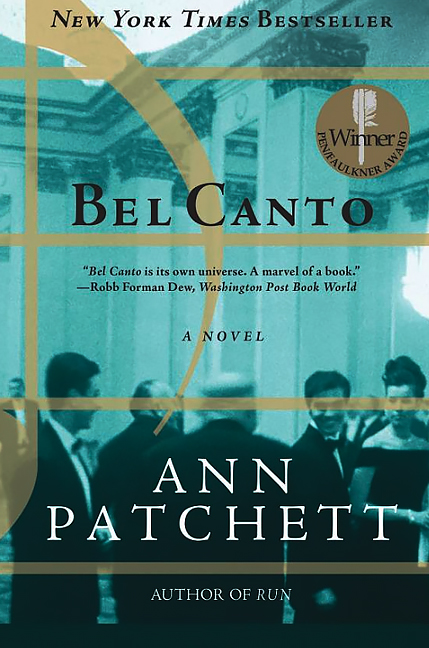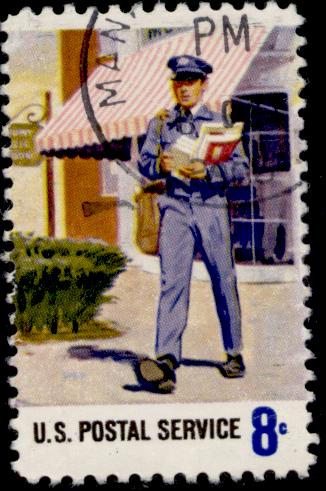Keep the reader turning the page. I always try to keep that in mind when I write a short story or a chapter in a novel. In a critique group recently, I was reminded of that when one of my group-mates observed that my chapter ended by wrapping up a mystery, but didn’t provide any teaser to propel the reader on to the next chapter where, presumably, things will begin to unravel (not for the author, of course, but for the characters).
“Why should I turn the page?” she asked.
Ouch! She was right. Mystery and conflict remain for the reader to discover, but I failed to show that. When I read or hear stories from other aspiring writers in my little world, I often think the same thing. Here are some common deficiencies:
- Description - The story is crammed with flowing, minute descriptions of people, their movements, things, the weather, sounds. Description is great if it is done right, if it sparks your mind’s eye (see my blog posting Descriptive Dalliances). But, is the story lost in all the picture-painting? After 10 pages of prose, will the reader say, “All those words just to pick up the bloody knife in his hand?”
- Pleasantness - The story’s characters go on and on in pleasant conversation about what they plan to do later or what they just finished doing or what they wish they could do. At the end of the chapter, they might walk out the door to actually go do something. But, the chapter is stuck in neutral up to that point. Maybe somebody should cry, or yell, or argue, or faint along the way. Hints about coming trouble can trickle out. Dinner can burn and fill the house with smoke. Aunt Agatha can reveal something shocking. These incidents can be used to set up future tension, or flesh out the characters’ relationships, and to cause the reader to wonder what it portends in coming pages.
- Fizzled ending - The chapter comes to an end, but it feels like nothing interesting will happen next. A couple sits on the picnic blanket gazing out over the lake holding hands. Okay ... so? What if instead, they hear a strange rattling sound, but dismiss it? The reader might think, “Oooh. A rattlesnake?” This is basically the art of the cliffhanger - adding it at the end of each chapter or scene to spur the reader to stay tuned.
- Preaching - One of the biggest turn-offs in a novel is when the author fills the pages with some agenda they feel strongly about: religion, environment, politics, conspiracies. These subjects don’t need to be eliminated altogether, just included in a subtle way that doesn’t overwhelm the story or bore the reader.
- Blandness - This may seem obvious, but it happens a lot for aspiring writers. Characters engage in mundane dialog, or speak in ways that aren’t realistic. The narrator tells us facts and figures that may be nice for a scholarly article, but don’t hold interest in a novel where the reader wants action or romance or humor. Or, the pages may be filled with continuous dialog with no scene-setting, gestures, pauses, description, or narration.


